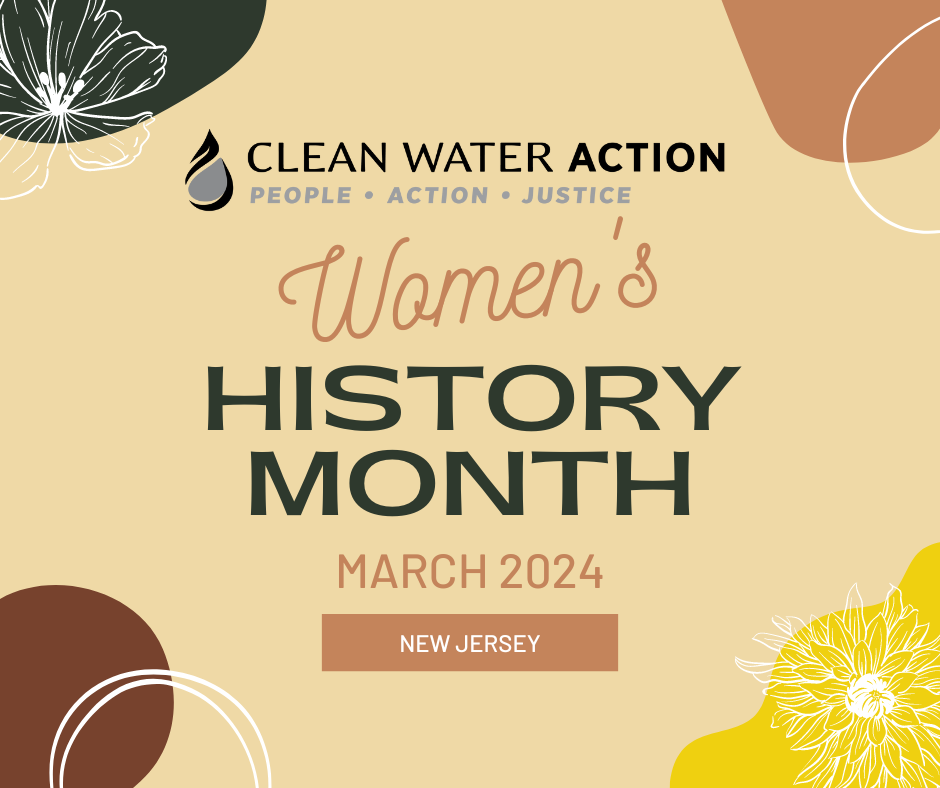
Before Women’s History Month concludes, I think it’s extremely important to shed light on a very important issue: the human rights violations that the people, particularly women, of the Democratic Republic of the Congo are currently enduring amid the global push for creating a zero-emission future.
The Democratic Republic of Congo (DRC) has the world’s largest reserves of cobalt and the seventh largest reserves of copper. These raw minerals are needed to make most lithium-ion batteries, which are needed to power devices from our cell phones and computers to electric cars and trucks. The demand for these minerals will only continue to increase as more countries, including the U.S., move to transition to clean energy technologies. Unfortunately, the mining of these minerals causes huge economic, social and environmental injustices for the people of DRC, especially women.
The women of the DRC are faced with forced evictions; home demolitions so that multinational companies can gain access to the minerals near their homes; sexual assault/abuse from military personnel; health issues from living near or working at the cobalt mines; polluted water sources from mining operations, and; sometimes death and severe injuries from forced labor at the cobalt mines, a majority of which are children. To learn more, please check out this video HERE.
Divesting from fossil fuels and transitioning towards electrification of energy is critical, in part because regions like the Congo are most vulnerable to the worst impacts of the climate crisis. This requires the use of batteries, charging infrastructure, and zero emission vehicles to move both people and goods; however, we must not do it on the backs of the many overburdened Environmental Justice communities throughout the world who have too long suffered from the health impacts of air, land and water pollution from the process of extraction to product use. We, as the users and advocates of a clean energy future, must recognize what might be clean to use is not for communities like those in the DRC, where the raw minerals derive, to make clean energy technologies possible in the first place. The women of DRC deserve better, and all stakeholders involved in the mining of cobalt and other essential minerals to make lithium batteries must ensure that it is done ethically and sustainably. To learn more about this issue and how you can get involved, please check out this article.


